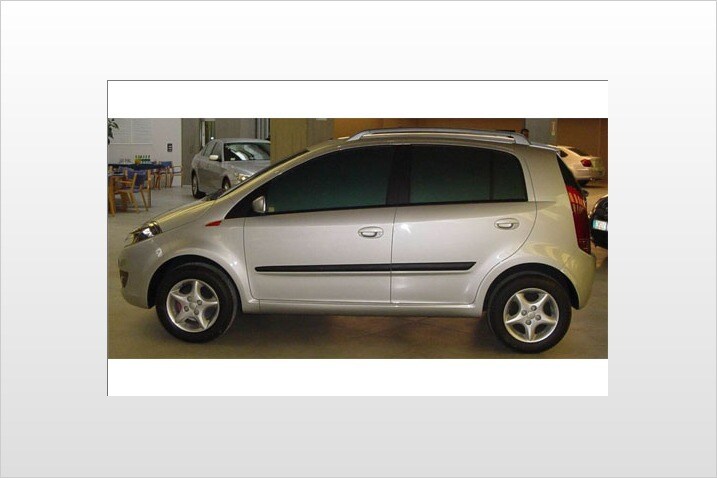One primary factor in this trend is that, unlike a generation ago, small cars almost never are primary vehicles in American households anymore. "The family fleet has gotten bigger, and as it has, small cars have become less important," said Art Spinella, president of CNW Marketing, an automotive-research firm in Bandon, Oregon.
And while Chrysler may someday want to import Chery cars as a way to counter rivals' moves in the B-car segment, Chrysler's Bartoli didn't cast that as a likelihood. "Unless American car buyers are forced into it," he said, "I don't think they're going to make this segment a strong piece of the U.S. auto industry again." In fact, Bartoli noted, the main way that consumers have reacted to higher gasoline prices has been to shift to smaller and more fuel-efficient engines within the same size category rather than to get smaller vehicles.
And if Americans want smaller cars, used vehicles are a much better proposition these days than they used to be. Nearly all vehicles sold in the American market are much better built than even a few years ago. The proliferation of certified used cars sold by dealers with factory warranties has helped as well.
"Cheap alone is not enough to sell new cars in this market anymore," said Bernard Swiecki, senior project manager at the Center for Automotive Research, at the University of Michigan.
